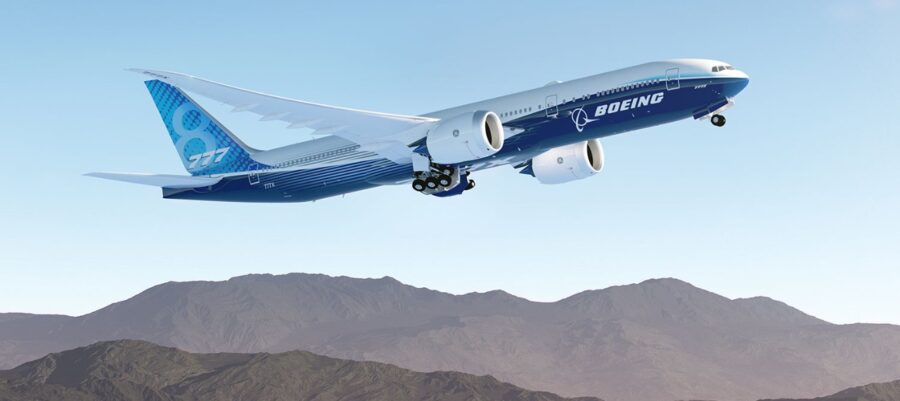FAA Plans Rule Changes to Speed Up Certification of New Airplanes

The U.S. Federal Aviation Administration (FAA) is preparing to propose regulatory changes aimed at speeding up the certification of new commercial airplanes, the Trump administration announced Thursday Sep. 4.
According to a notice, the FAA intends to publish a proposal by December that will “modernize certain certification standards for transport category airplanes and propulsion systems.” The effort is described as deregulatory, aiming to reduce the number of exemptions, special conditions, and equivalent safety findings required during the certification process.
Former FAA Administrator Mike Whitaker told Reuters in December that the agency has been working to streamline aircraft certification by leveraging better technology and improving processes. The FAA said the new rules are expected to cut certification costs and reduce the time needed to approve new or modified aircraft designs, while still maintaining—or even enhancing—safety standards. The proposal also aims to align FAA regulations more closely with international standards.
The announcement comes amid ongoing delays in certifying Boeing’s 737 MAX variants. Boeing originally hoped to secure certification for the 737-7 in 2022 but withdrew a request for a safety exemption related to an engine de-icing system earlier this year. The company now expects FAA approval no earlier than 2026, with Southwest Airlines anticipating entry into service in late 2026.
Certification of the MAX 7 is a prerequisite for the larger 737-10, which United Airlines has said may not be delivered until 2027 or 2028 due to regulatory uncertainty.
Boeing is in the process of certifying its first 777X model, the 777-9, marking a pivotal stage in the program’s journey. The U.S. Federal Aviation Administration (FAA) recently approved the start of Type Inspection Authorization (TIA) Phase 2D, allowing noise testing in Glasgow, Montana, and signaling important progress toward final certification.
The 777-9 test fleet has already completed more than 1,500 flights and logged nearly 4,200 flight hours, successfully validating performance across a wide range of operating conditions. In early August, Boeing added a fifth test aircraft (WH286) to expand its campaign, focusing on electromagnetic interference testing and other specialized trials. Launch customer Lufthansa is expected to receive its first 777-9 in 2026, with the aircraft set to replace older four-engine jets such as the Boeing 747-400 and Airbus A340-600.
The FAA’s planned reforms signal a push to address these delays by modernizing and streamlining the certification system while ensuring rigorous safety oversight remains intact.
Related News: https://airguide.info/?s=FAA, https://airguide.info/?s=Boeing+737, https://airguide.info/category/air-travel-business/travel-health-security/
Sources: AirGuide Business airguide.info, bing.com, yahoo.com, reuters.com
